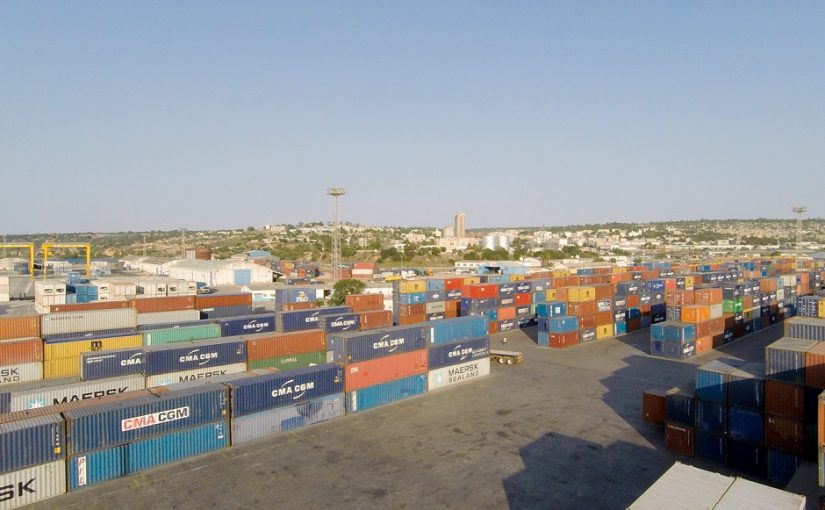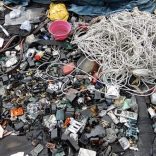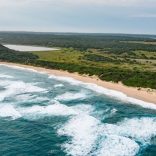Mozambique: GEF to disburse 4.8 million dollars for e-waste management
Watch: Mozambique government places new restrictions on exporting timber

Portos do Norte (File photo) / A view of Nacala port
The Mozambican government has decreed that only companies with forestry concessions (and not simple logging licences), wood processing companies and the government’s own National Sustainable Development Fund, may export timber products.
The new rules were announced at a Maputo press conference on Wednesday by the Minister of Land, Environment and Rural Development, Celso Correia, and are intended to put an end to reckless deforestation and to the massive losses to the public treasury caused by corruption in the timber sector.
Earlier in the week the government’s official spokesperson, Deputy Minister of Culture and Tourism Ana Comana, announced that not only will the current ban on the export of unprocessed logs remain in place, but the export of such minimally processed items as beams is also forbidden.
The extraordinary closed season for logging is now at an end, Correia said. Normally the closed season runs from January to March, but this year the government extended it to late June, to allow time to reorganise the timber sector. Now the licensing period opens: existing operators must renew their logging licences, while new operators may apply. Correia warned that the criteria for granting licences will be much stricter than in the past.
For many years environmentalists have denounced the looting of Mozambican forests, and the export of logs of precious hardwoods, mostly to China. Corruption in timber exports is estimated to have cost the Mozambican state over 530 million US dollars between 2003 and 2013.
The new rules on timber exports, said Correia, are intended to put an end to the abuses that threaten Mozambican forests, and to encourage the development of a Mozambican wood processing industry.
“The objectives”, he said, “are centred on guaranteeing the emergence of an industry that brings economic and social benefits, but which also guarantees the environmental sustainability which we all desire”.
He stressed that it is obligatory that timber must be processed before export. There must be no exports of raw, unprocessed logs.
“These new regulations bring innovations”, said Correia, “and the first great innovation is that only companies with forestry concession and companies with wood processing capacity may export timber”.
Furthermore those exports may only take place from specific port terminals where they must be observed by accredited forestry operators. The government will define the taxes and fees to be paid by exporters, after consulting the market value of timber every three months.
Cited in Thursday’s issue of the independent newssheet “Mediafax”, Correia added that the taxes will benefit those who add most value to the timber. “Those who do more processing will pay less”, he said. “The idea is to grant privileges to those who process their timber the most”.
As for how many companies will be allowed to export timber, Correia said that currently there are about 170 forestry concessions. “We will work with those who meet the conditions for exporting timber”, he explained. “We shall work with the less qualified to ensure that they reach the desired level”.
The new rules follow “Operation Trunk” earlier in the year, in which government brigades inspected timber yards throughout central and northern Mozambique, and exposed a massive level of abuse. Over 400 cases of illegal behaviour by logging companies were uncovered.
Correia said the government plans to invest five million dollars, provided by foreign partners, in a new system of forestry inspection, designed to be less vulnerable to corruption.
He warned that only companies prepared to obey the rules should work in Mozambique. “We don’t want to live in a country where organised crime is involved in the exploitation of natural resources”, he stressed.












Leave a Reply
Be the First to Comment!
You must be logged in to post a comment.
You must be logged in to post a comment.